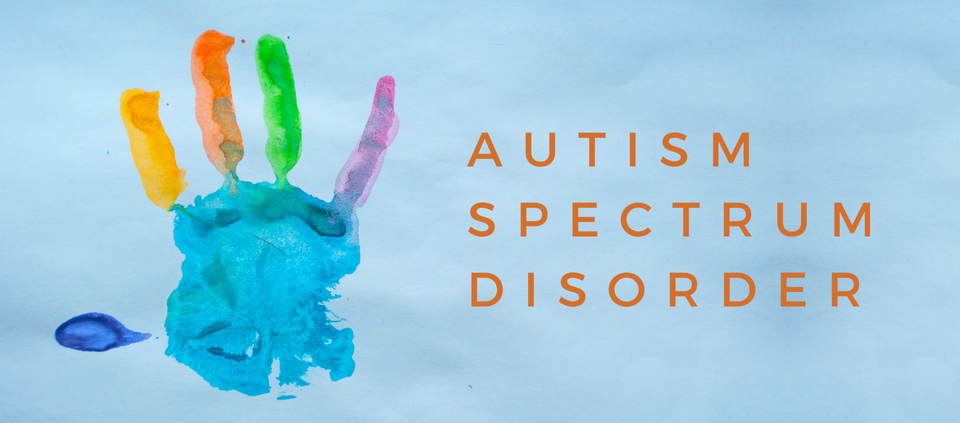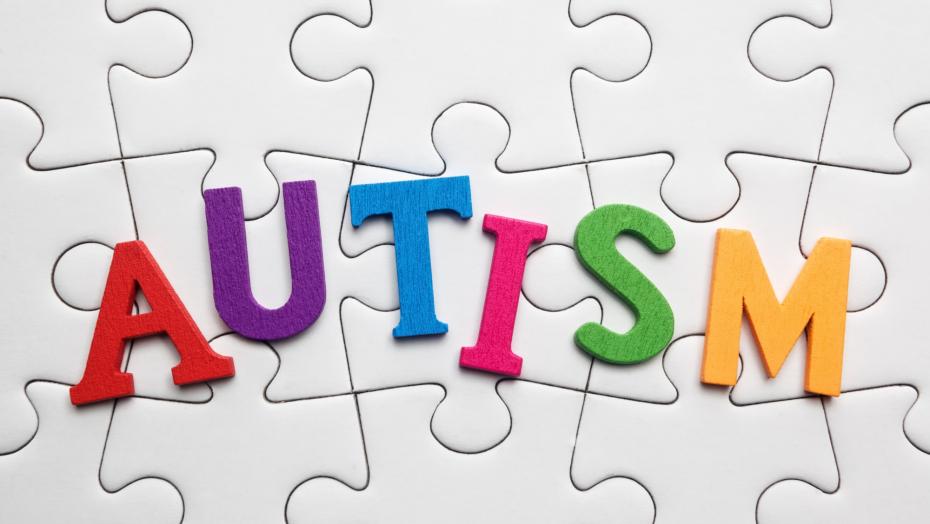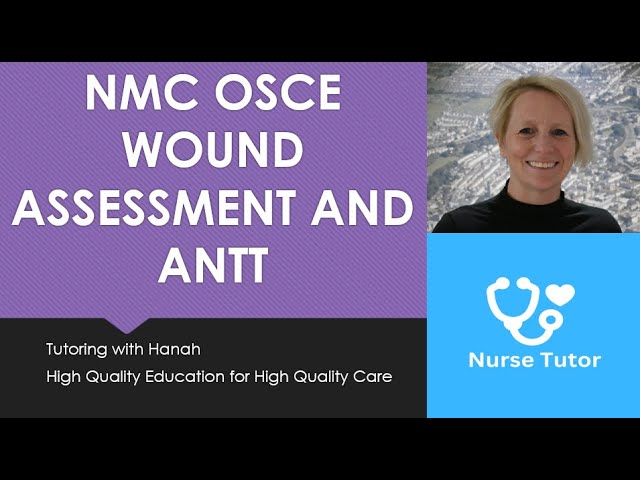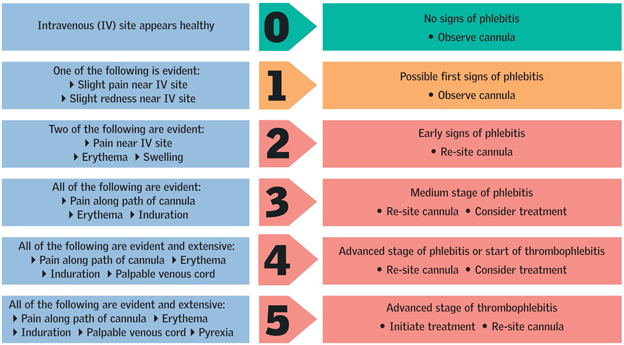2024 Autism Spectrum Disorder: OSCE Evidence-Based Practice
A2024 Autism Spectrum Disorder: OSCE Evidence-Based Practice

Autism Spectrum Disorder (ASD) is a complex neurodevelopmental condition characterized by challenges with social skills, repetitive behaviors, speech, and nonverbal communication. As healthcare professionals, it is crucial to stay updated with evidence-based practices to provide the best care for individuals with ASD. This blog will delve into the 2024 guidelines for the Objective Structured Clinical Examination (OSCE) also focusing on evidence-based practices for ASD.
Understanding Autism Spectrum Disorder
ASD affects individuals differently, with symptoms ranging from mild to severe. Common signs include difficulties in communication, social interactions, and a tendency to engage in repetitive behaviors. Early diagnosis and intervention are key to improving outcomes for individuals with ASD.
The Role of OSCE in ASD
The OSCE is a practical exam used to assess the clinical skills of healthcare professionals. For those working with ASD patients, the OSCE ensures that practitioners can apply evidence-based practices effectively. The exam typically includes scenarios that test your ability to diagnose, manage, and also support individuals with ASD.
Key Evidence-Based Practices for ASD
- Early Intervention: Research shows that early intervention can significantly improve the development of children with ASD. Techniques such as Applied Behavior Analysis (ABA) and speech therapy are commonly used1.
- Individualized Education Programs (IEP): Tailoring education plans to meet the specific needs of each child with ASD is crucial. IEPs should be developed in collaboration with educators, parents, and healthcare providers2.
- Also Behavioral Therapies: Behavioral interventions, including ABA, are effective in teaching new skills and reducing problematic behaviors. These therapies are often personalized to also address the unique needs of each individual3.
- Medication Management: While there is no cure for ASD, certain medications can help manage symptoms such as anxiety, depression, or hyperactivity. It is important to monitor and also adjust medications based on the individual’s response4.
- Family Support and Training: Providing support and training for families is essential. Educating family members about ASD and involving them in the care process can lead to better outcomes5.
Preparing for the OSCE
To excel in the OSCE, it is important to:
- Stay Updated: Keep abreast of the latest research and guidelines on ASD.
- Also Practice Scenarios: Engage in mock OSCE scenarios to build confidence and improve your clinical skills.
- Reflect on Feedback: Use feedback from practice sessions to identify areas for improvement.
Conclusion
The 2024 OSCE for Autism Spectrum Disorder emphasizes the importance of evidence-based practices in providing high-quality care. By understanding and applying these practices, healthcare professionals can also make a significant difference in the lives of individuals with ASD and their families.






